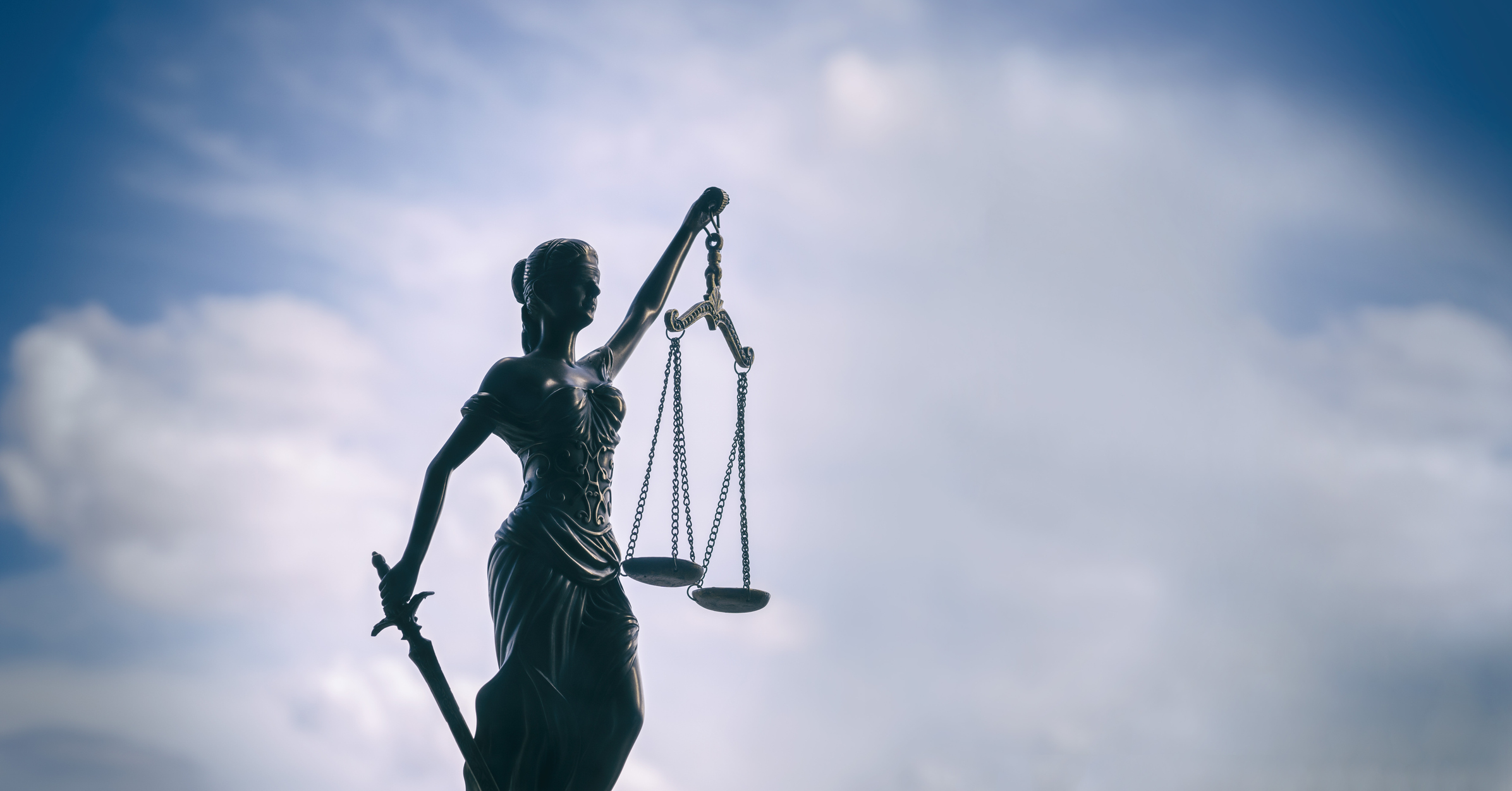
Tort law and personal injury law are often used interchangeably—but they’re not the same. While personal injury law is a type of tort, tort law is a broader legal concept that covers many forms of civil wrongdoing.
Understanding the difference can help you better navigate your legal options if you’ve been harmed by someone else’s actions.
What Is Tort Law?
A tort is a civil wrong. It’s conduct that causes injury and creates legal responsibility or liability. Tort law lets an injured person ask a court for a remedy.
Not every tort involves bodily injury. A tort can also mean emotional or financial injury, harm to your property or reputation, or a violation of your rights. Tort law is a wide field with many categories.
Types of Torts
Common types of torts include those based on:
- Negligence: Someone fails to use reasonable care and causes harm.
- Intentional torts: Someone causes harm through intentional wrongdoing. Assault, battery, and false imprisonment are examples.
- Strict liability: When someone is held responsible for harm even if they weren’t careless or engaging in wrongful conduct. Common examples are defective products and dog bites.
- Property torts: Harm against another person’s property. Examples are trespassing, conversion (such as refusing to return borrowed property), and nuisance (unreasonable and unlawful interference with another person’s private use and enjoyment of their property).
- Dignitary torts: Harm to another’s dignity, reputation, or rights. Examples include defamation and invasion of privacy.
- Economic or business torts. Financial harm to another person or business. Examples are fraud, conspiracy, and tortious interference.
Tort cases are civil, not criminal. The goal is to make the injured person whole, not to punish them with jail.
What Is Personal Injury Law?
Personal injury law is a subcategory of tort law. It deals specifically with cases in which someone suffers physical, emotional, or psychological harm due to another person’s negligence, recklessness, or intentional misconduct.
Types of Personal Injury Cases
Examples of types of personal injury cases are:
- Car accidents
- Slip and fall accidents (premises liability cases)
- Nursing home abuse or neglect
- Medical malpractice
- Defective products (product liability cases)
- Dog bites and other animal attacks
- Wrongful death cases, which allow the surviving family to recover damages
Personal injury cases may involve negligence, intentional tort, or strict liability.
Where Tort and Personal Injury Law Overlap
Tort law and personal injury law often overlap because all personal injury claims are tort claims—but not all tort claims involve personal injury.
For example, personal injury and tort law both apply in these cases:
- A car accident that results in broken bones
- A defective product that causes burns or lacerations
- A dog bite that leads to permanent scarring
- A slip and fall that causes a traumatic brain injury
When someone is hurt due to another’s conduct, the claim falls under both tort and personal injury law. They share many legal standards and remedies.
Where Tort and Personal Injury Law Differ
While personal injury law is part of tort law, tort law covers many other types of civil wrongs beyond physical harm.
Tort law—but not personal injury law—applies in cases like:
- A defamation claim that damages a person’s career
- A nuisance claim about pollution runoff affecting a property
- A business lawsuit over fraud or tortious interference
- A trespassing case involving property damage
Tort law is broader than personal injury law. It includes harm to property, reputation, rights, or finances—even when no one was physically injured.
An Attorney Can Help–Reach Out Today
If you’ve been injured—or otherwise harmed—because of someone else’s actions, understanding whether your case involves tort law, personal injury law, or both is the first step.
An experienced personal injury attorney can help you understand your legal options, gather evidence, build your case, and fight for the full compensation you deserve. Whether you were physically injured, financially harmed, or wronged in another way, legal help is available.
To learn more, reach out to Parker & McConkie Personal Injury Lawyers today and schedule your free consultation.
We have 5 convenient locations in Utah, including Midvale, Salt Lake City, Ogden & Provo, UT. Clients can also visit our offices in Idaho Falls, ID & Rock Springs, WY.
We proudly serve Weber County, Utah County, Salt Lake County in Utah, Bonneville County in Idaho, Sweetwater County in Wyoming , and its surrounding areas:
Parker & McConkie Personal Injury Lawyers – Salt Lake City Office
466 S. 500 E., Suite 100,
Salt Lake City, UT 84102
(801) 851-1202
Hours: 24/7
Parker & McConkie Personal Injury Lawyers – Midvale Office
7090 Union Park Ave, #160,
Midvale, UT 84047
(801) 845-0440
Hours: 24/7
Parker & McConkie Personal Injury Lawyers – Ogden Office
2510 S Washington Blvd, Suite 160,
Ogden, UT 84401
(385) 402-8187
Hours: 24/7
Parker & McConkie Personal Injury Lawyers – Provo Office
37 E Center St, Suite 300,
Provo, UT 84606
(801) 876-4107
Hours: 24/7
Parker & McConkie Personal Injury Lawyers – Rock Springs Office
531 N Front St,
Rock Springs, WY 82901
(307) 205-7400
Hours: 24/7
Parker & McConkie Personal Injury Lawyers – Idaho Falls Office
2235 East 25th St. Suite #280,
Idaho Falls, ID 83404
(208) 418-0633
Hours: 24/7



